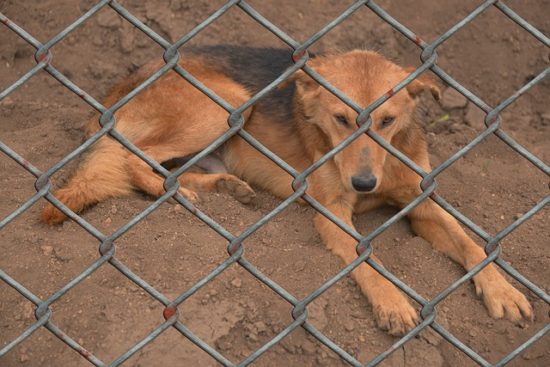
March 30, 2017; KERA News
One of the nation’s largest cities has a serious problem with stray dogs roaming its streets, and three nonprofits have stepped in to address the issue. Communities Foundation of Texas, Rees-Jones Foundation, and The Dallas Foundation are providing almost $13.5 million to the city of Dallas to finance neighborhood outreach and the spaying and neutering of 138,000 dogs in the southern part of the city over the next three years.
The Boston Consulting Group studied the decades-long problem after the 2016 mauling of a Dallas woman by a pack of stray dogs brought national attention. Highlights from the report include:
Sign up for our free newsletters
Subscribe to NPQ's newsletters to have our top stories delivered directly to your inbox.
By signing up, you agree to our privacy policy and terms of use, and to receive messages from NPQ and our partners.
- The number of reported bites from dogs that are loose but have owners increased 23 percent annually since 2013.
- Animal service officers spend a majority of time being reactive. They spend about 80 percent of their day responding to 311 calls, collecting animals, and issuing citations.
- While Dallas Animal Services is issuing more citations for stray dogs, the report finds defendants didn’t respond to 44 percent of the citations.
- There are big disparities between North and South Dallas. The group counted about 8,700 loose dogs in southern Dallas. Researchers couldn’t accurately predict the number of strays in northern Dallas because they found so few stray dogs.
- Spay and neuter rates also varied. About 80 percent of dogs in northern Dallas are fixed, while 85 percent of dogs in southern Dallas are intact.
The consultants also recommended that the city reallocate its animal control resources to euthanize only the sickest animals under its care and increase the number of low-cost spay and neuter surgeries in southern Dallas.
It’s not surprising that socioeconomic factors play a large part in where the stray dog problem is centered within the city. Recommending additional city services in historically poor and minority neighborhoods to combat stray dogs may seem like an easy item for a consultant to cite, but it also makes us wonder: What other Dallas city services may need reallocation to address community needs that haven’t attracted national attention?—Michael Wyland













